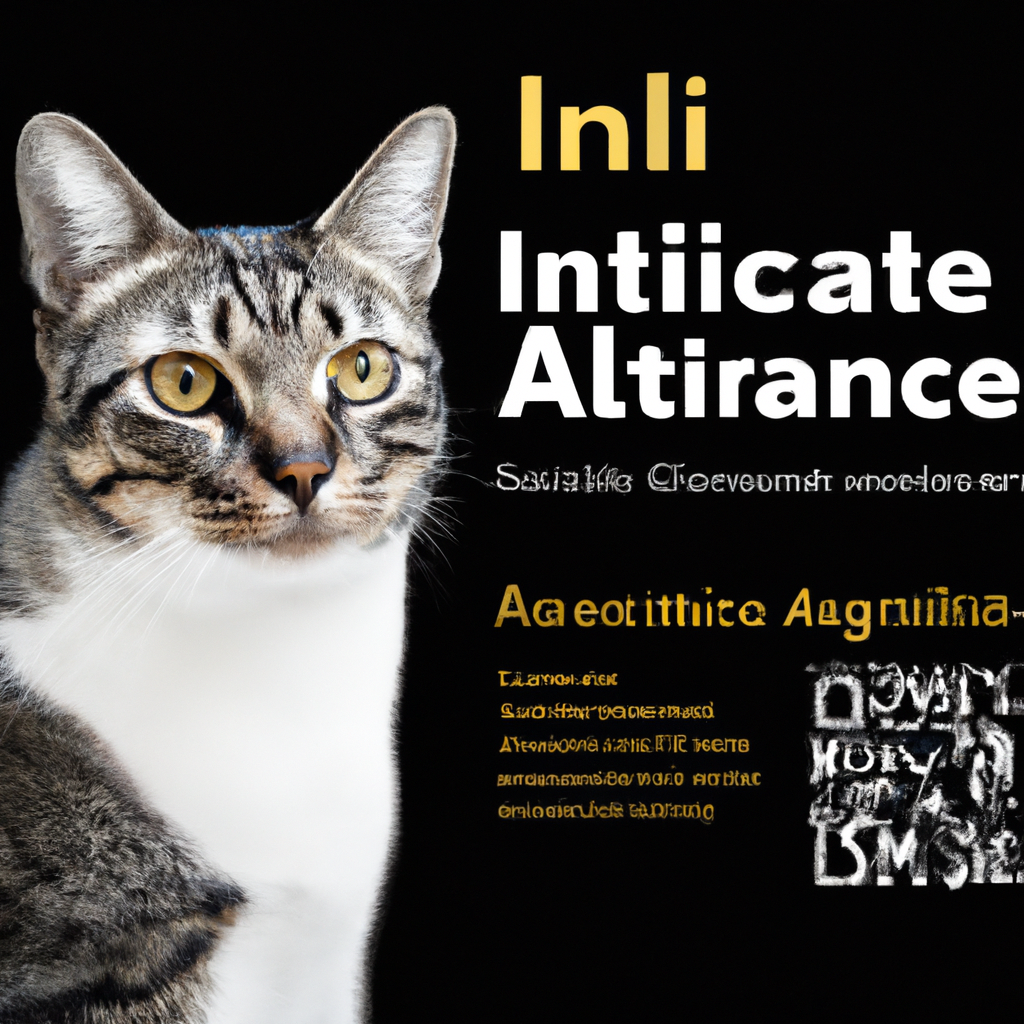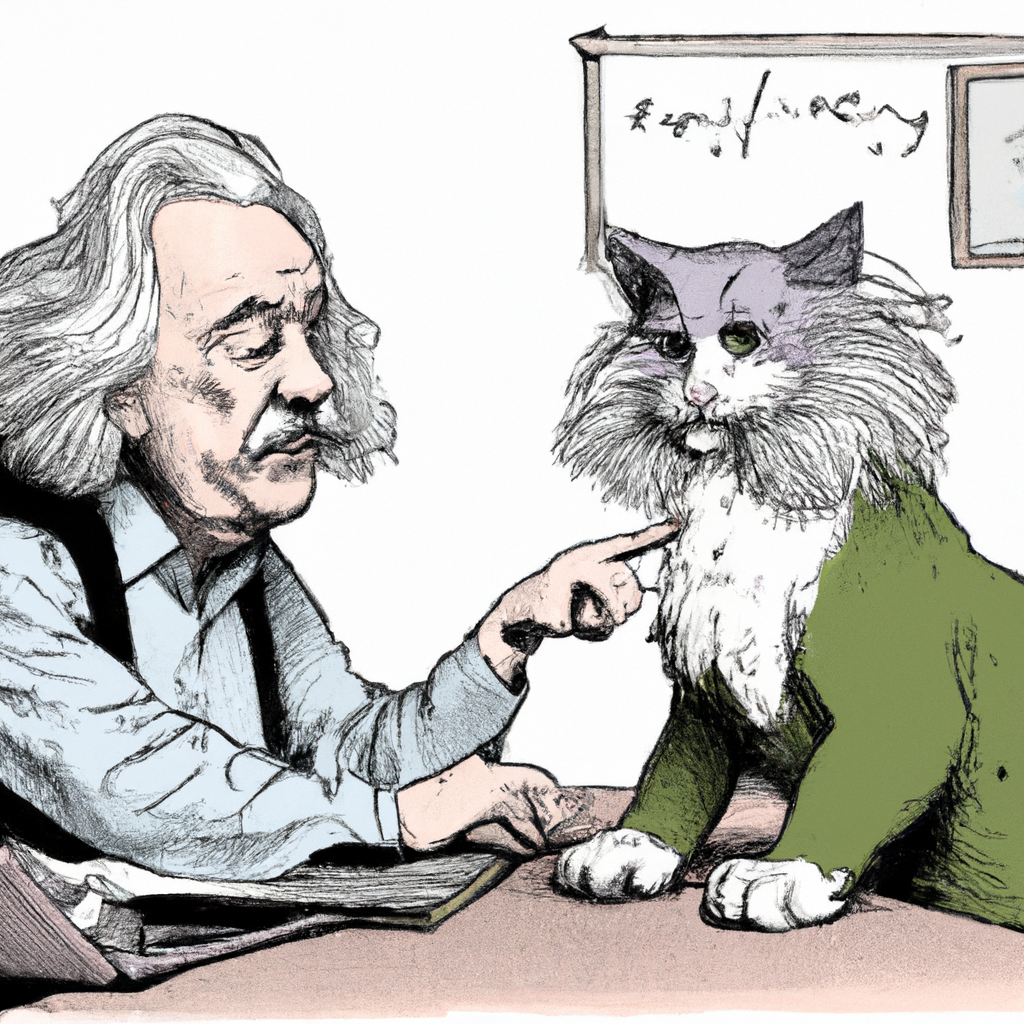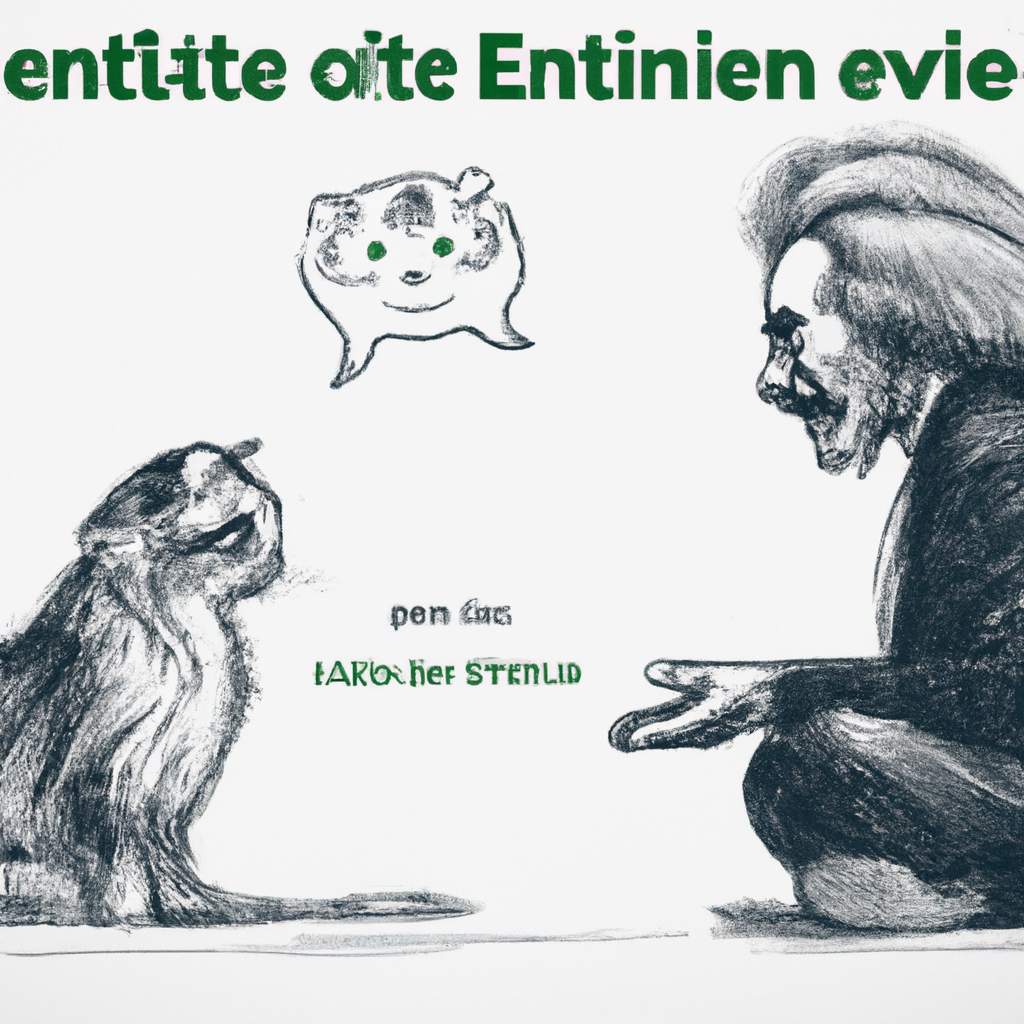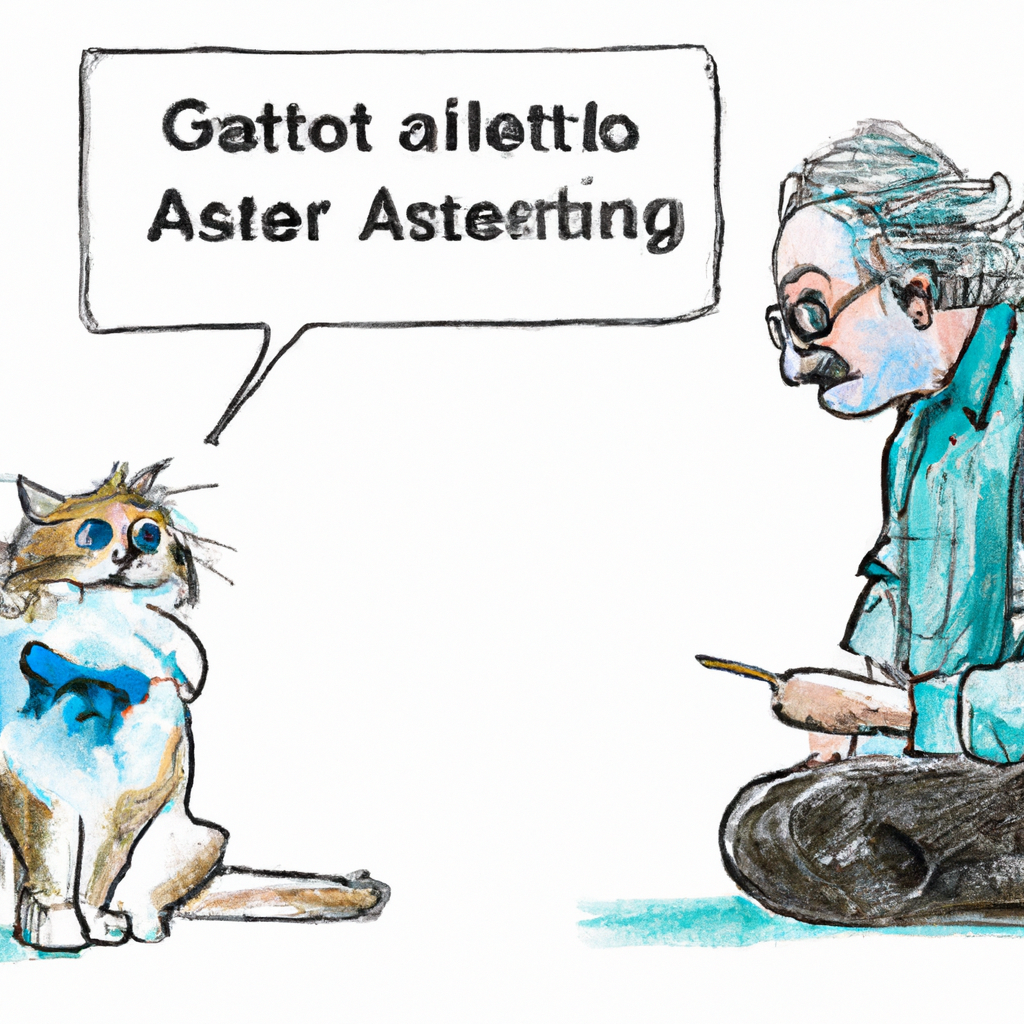
Title: A Beginner’s Guide to Artificial Intelligence
Artificial intelligence, commonly referred to as AI, is a prominent field of computer science that aims at creating machines capable of mimicking human intelligence. These systems are designed with algorithms and models that allow them to perform tasks requiring cognitive functions typically associated with humans such as learning from experience, recognizing patterns or making decisions.
Understanding the Basics
AI can be categorized into two main types: Narrow AI and General AI. Narrow AI refers to systems designed for specific tasks like recommending products on an e-commerce website or voice recognition in virtual assistants like Siri or Alexa. On the other hand, General AI involves systems capable of understanding, learning and applying knowledge across wide-ranging fields – something we’re yet far from achieving.
Machine Learning & Deep Learning
Two significant subsets under artificial intelligence include Machine Learning (ML) and Deep Learning (DL). ML enables computers to learn from data without being explicitly programmed by using statistical techniques. For instance, Netflix uses machine learning algorithms so it can recommend shows based on a user’s viewing history.
Deep learning is a more advanced branch of machine-learning which utilizes neural networks with many layers (hence ‘deep’) – these are called deep neural networks. It excels in identifying patterns in unstructured data sets like images or natural language text.
Programming Languages for Artificial Intelligence
Python stands out among programming languages due its simplicity and versatility which makes it ideal for beginners interested in developing applications related to artificial intelligence. Other popular choices include R for statistical computations while Java & C++ offer high performance benefits essential when dealing with large-scale system deployments involving complex computation models.
Getting Started With Tools And Libraries
For someone new venturing into this domain would need some tools handy:
1) TensorFlow: An open-source library developed by Google Brain team used extensively within Google’s ecosystem but also outside because it supports both CPU & GPU computation.
2) Keras: This Python-based library is user-friendly and easy to learn, making it a favorite choice for beginners. It’s used for building neural networks and is built on top of TensorFlow.
3) PyTorch: Developed by Facebook’s AI Research lab, PyTorch offers maximum speed and flexibility enabling deep ML.
Understanding Data & Ethics
Data forms the core of any AI system – be it training data that helps machine learning models learn or real-time data which these models process to generate predictions. Understanding how to collect, clean, manage and analyze this data is crucial in creating efficient AI systems.
Along with understanding the technical aspects of artificial intelligence, one must also grasp its ethical implications as well. Issues like bias in algorithms due to biased training data have been widely discussed recently highlighting the importance of ethics in AI development.
Conclusion
Starting out with artificial intelligence can seem daunting because there’s so much ground covered under its umbrella – from basic concepts such as types of AIs or machine learning techniques through more complex subjects like deep learning algorithms all way up until practical application involving particular tools/libraries suitable for specific tasks at hand but hopefully this guide has helped demystify some initial hurdles one might encounter when entering world filled with endless possibilities offered by Artificial Intelligence technology today!
Artificial Intelligence is widely used in the healthcare industry. For instance, Google’s DeepMind Health AI can mine medical records to provide faster and more comprehensive health services. It uses machine learning to analyze patterns in complicated medical data, including patient information from various tests and treatments.
This technology could be used for early disease detection and prevention. By analyzing a patient’s history along with broader clinical research, it may identify potential health risks before symptoms even manifest themselves visibly. This allows doctors to take proactive steps towards treatment or management of conditions which would otherwise go unnoticed until they become critical.
Additionally, this AI technology could assist doctors during surgery by providing real-time analytics about the procedure being conducted based on historical surgical data collected worldwide. This way it supports decision-making processes during complex surgeries where precision is crucial.
Moreover, through predictive analytics capabilities of AI algorithms like DeepMind Health’s system can also help hospitals manage their resources better by predicting admission rates thereby enabling them to allocate staff efficiently reducing waiting times for patients.
In summary, Artificial intelligence such as Google’s DeepMind Health has immense potential within healthcare; offering improved diagnosis accuracy rates while saving time and resources making healthcare delivery more efficient overall.
Here’s a Story About Gato Rico
Once upon a time, in the affluent neighbourhood of Feline Heights, lived the wealthiest cat you could ever imagine – Gato Rico. With his sleek silver fur and emerald eyes that sparkled like rare gems, he was no ordinary feline. He was an aristocat with wealth beyond measure.
Gato Rico had inherited his fortune from his previous owner who happened to be an eccentric billionaire inventor named Dr. Whiskersworth. The doctor had no family or friends but found solace in the company of Gato Rico; hence at death’s door, he left all his possessions including patents on artificial intelligence (AI) inventions to him.
With this sudden inheritance came responsibility and curiosity for our furry friend. One fine day as he lounged lazily on a plush velvet cushion sipping cream out of crystal goblets – because let’s face it milk is too mainstream for rich cats- an idea sparked in him: Why not employ AI technology to make life even more luxurious?
And thus began Project Purrfection!
The first task at hand? Automating meals! No more waiting around for lazy human servants! Using intricate AI algorithms coded into Chef Kitty 3000™️ -an invention by Dr.Whiskersworth- gourmet meals were prepared promptly thrice daily without fail.
Next up was dealing with those pesky mice that seemed to have taken residence within mansion walls despite having world-class security- another innovation by late Doctor himself called Mouser Guard™️ equipped with laser beams and advanced detection systems which unfortunately got defeated by smart mice gang led by notorious Rat Capone!
But fear not when you have Artificial Intelligence under your paws! Employing next-generation AI rodent control system Rodent Terminator X1™️ , every mouse within mansion premises were detected accurately through thermal imaging sensors and gently escorted outside using non-lethal traps personalized according their size & weight ensuring no harm. Rat Capone and his gang were finally defeated!
The last but most crucial application of AI was for Gato Rico’s entertainment- the Feline FunBox™️! This machine designed by Dr.Whiskersworth used advanced AI algorithms to mimic behaviour of different creatures stimulating a real-life hunting experience, keeping Gato Rico engaged and entertained without causing any harm to actual animals.
Life was good in Feline Heights with all these advancements, but it wasn’t just about luxury for Gato Rico. He soon realized that he could use this technology not only for his own comfort but also help other cats living on streets who weren’t as fortunate as him.
Thus started Project Meow Benevolence – an initiative using AI-based systems to provide food, shelter & care for stray cats across city making sure every feline gets a chance at decent life because if there’s one thing richer than Gato Rico’s wealth it’s his heart!
And so ends our tale about our rich friend who found out that while artificial intelligence can indeed make life easier (and funnier), nothing beats the warmth you feel when helping others – even if you’re just a cat named after richness itself: El gato rico!






